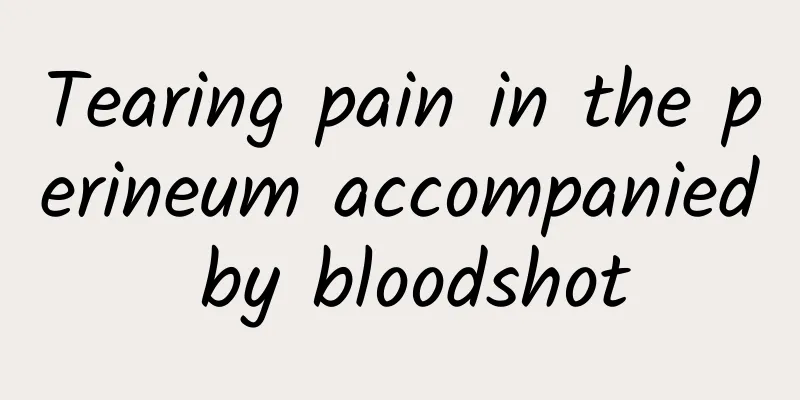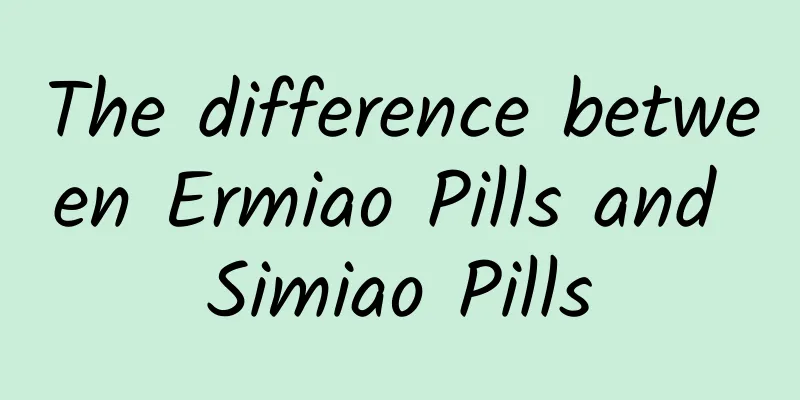Treatment of hemangiomas

|
When hearing about hemangioma, many people think it is a very scary disease. In fact, it is caused by vascular malformation and is a benign tumor that does not pose a threat to the patient's life. However, because hemangiomas often occur in children or newborns, parents should not ignore this disease. So, what are the treatments for hemangiomas? Traditional treatments for hemangiomas are hormone therapy or interferon therapy. Both of these treatments have certain side effects on the patient's body and are therefore not suitable for children. However, there are already many treatments for hemangiomas. The details are as follows: 1. Hormone therapy Glucocorticoids have a definite therapeutic effect on infantile hemangiomas. The mechanism is that rapidly growing hemangiomas contain higher levels of estradiol receptors, which can promote the formation and development of hemangiomas. Hormones can competitively bind to the estradiol receptors in hemangiomas, thereby inhibiting the proliferation of hemangiomas. When using it, please pay attention to control the usage time to about half a year. 2. Injection therapy It refers to the injection of sclerosing agents into the tumor. Commonly used drugs include 5% sodium morrhuate, and glucocorticoids, etc., which have the risk of causing local skin necrosis, infection, and scar formation. 3. Radiation therapy Radiotherapy, also known as radionuclide therapy, currently commonly used are 32P, 90Sr, X-rays, 60cobalt, etc., because it has high requirements for the reasonable arrangement of irradiation dose and time, and has a great impact on the bone development of infants, and increases the risk of cataracts and cancer, it is rarely used in clinical practice. 4. Laser treatment Currently, the commonly used lasers for treating infantile hemangiomas include pulsed dye laser, YAG laser, photodynamic therapy and intense pulsed light system. Because the penetration depth of laser is limited and cannot damage the full layer of tissue of hemangioma, laser treatment is limited to treating early, superficial and small hemangiomas. 5. Cryotherapy Commonly used cryogens include liquid nitrogen, nitric oxide, dry ice, hyperbaric oxygen cryotherapy, and chlorinated paraffin, which are mostly used to treat superficial hemangiomas of the trunk and limbs. They have risks such as incomplete treatment, local scar formation, and color changes. This article has clearly introduced the specific treatments for hemangioma. If you find symptoms similar to hemangioma, please go to the hospital for diagnosis in time. Once diagnosed, you can choose the above-mentioned treatment methods according to your disease condition to get rid of the trouble of hemangioma as soon as possible. |
<<: What to do if your digestive system is not good
Recommend
What to do if you have nausea and vomiting during pregnancy
There will be early pregnancy reactions in the ea...
What are the causes and clinical symptoms of sinusitis cysts?
Sinus cyst is a type of rhinitis. Many people do ...
Precautions after taking abortion pills
Taking abortion pills, also known as medical abor...
What kind of tea is good for myocardial ischemia?
People with myocardial ischemia should pay more a...
Clinical application of fat-soluble vitamin 2
Fat-soluble vitamin 2 is a relatively common inje...
Early symptoms of thymoma
Once problems occur in the thymus, an important i...
What to do if you have wrist tenosynovitis
If you want to effectively relieve wrist tenosyno...
How to deal with baby's skin abrasions
Everyone knows that babies are very naughty and ac...
Burning sensation in the urethra after urinating
Urination is a normal excretion process of the hu...
Can drinking water boiled with Cistanche enhance sexual function?
Cistanche deserticola is a rare Chinese medicinal...
Symptoms of colon polyps in the elderly
Colon polyps in the elderly actually refer to rai...
What are the most effective methods of strengthening the spleen in Traditional Chinese Medicine?
In life, many people accumulate a lot of moisture...
Self-treatment methods for impotence
Impotence is a common sexual dysfunction disease ...
Why does the back hurt after cesarean section?
Back pain after cesarean section is quite common ...
What causes blood clots during menstruation? How to treat it?
Menstruation is a normal physiological cycle symp...









